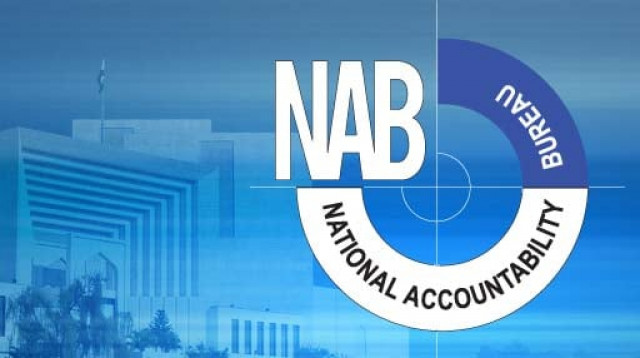Ponzi scheme: NAB officials under pressure to minimise Qayum’s liability
Investigators need to recover properties before they can pay back investors.

Officials at the National Accountability Bureau (NAB) are reportedly coming under severe pressure to accommodate the interests of the former federal attorney general as they attempt to recover stolen money in a Rs1.4 billion Ponzi scheme investigation.
Sources familiar with the investigation say that the former director general of NAB, along with another senior official at NAB headquarters in Islamabad, have been pressuring investigating officer Atiqur Rehman to accept Rs100 million as the minimum liability of former Attorney General of Pakistan (AGP) Justice (retd) Malik Qayum, who is accused of having extorted properties out of a man accused of running a Ponzi scheme.
Rehman has reportedly refused to oblige his senior officials, claiming that their demand is illegal. NAB officials are attempting to recover the money on behalf of defrauded investors who were victimised by a con man named Sheikh Ayub.
Sheikh Ayub and his son were accused of running a fraudulent foreign investment scheme under the name Aglam Global Links, promising lucrative returns, but then simply ran off with the money after initially delivering some returns. In all, Ayub confessed to having defrauded 85 individuals of Rs1,383 million.
Ayub and his son were arrested but then released on bail after they began cooperating with the authorities and started returning the stolen money.
Taking advantage of Ayub’s vulnerable position, Qayum is alleged to have extorted several properties worth hundreds of millions of rupees out of him. Those properties now need to be handed over to NAB since investigators had frozen Ayub’s assets.
Qayum is alleged to be using his influential contacts to persuade NAB officials to minimise his liability to Rs100 million whereas NAB investigators claim that he is liable for far more since he obtained properties that were meant to have been frozen and thus not for sale in the first place.
Published in The Express Tribune, May 14th, 2011.


















COMMENTS
Comments are moderated and generally will be posted if they are on-topic and not abusive.
For more information, please see our Comments FAQ